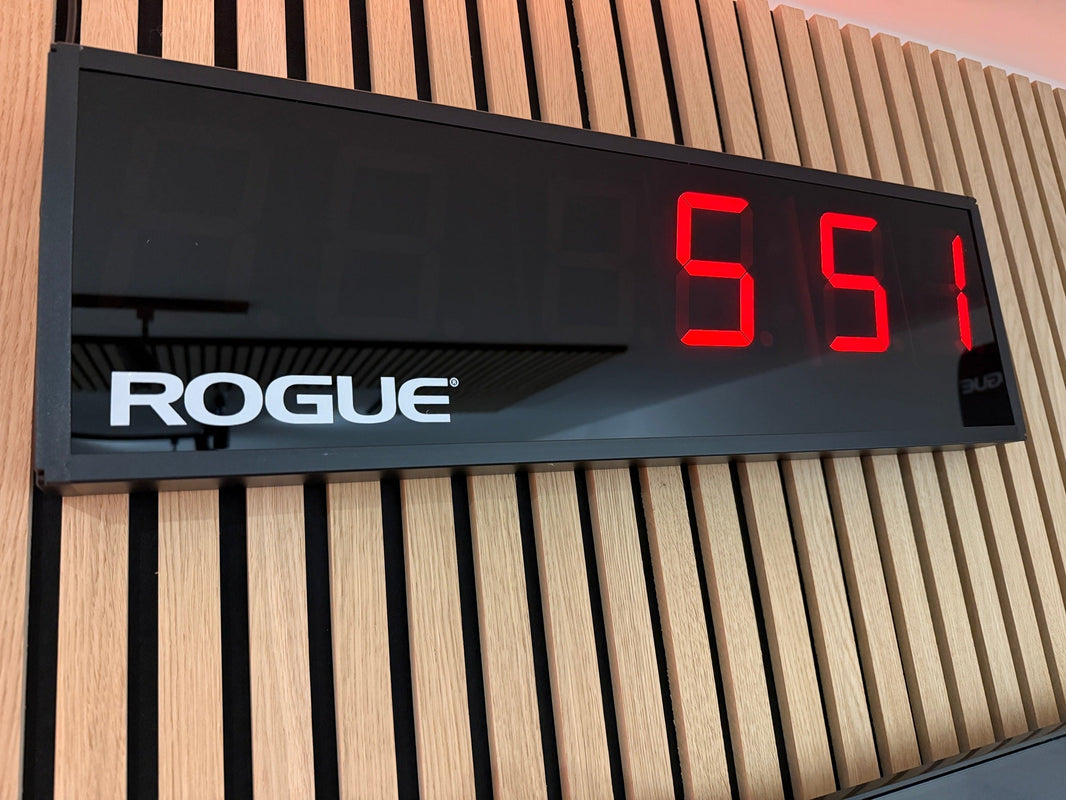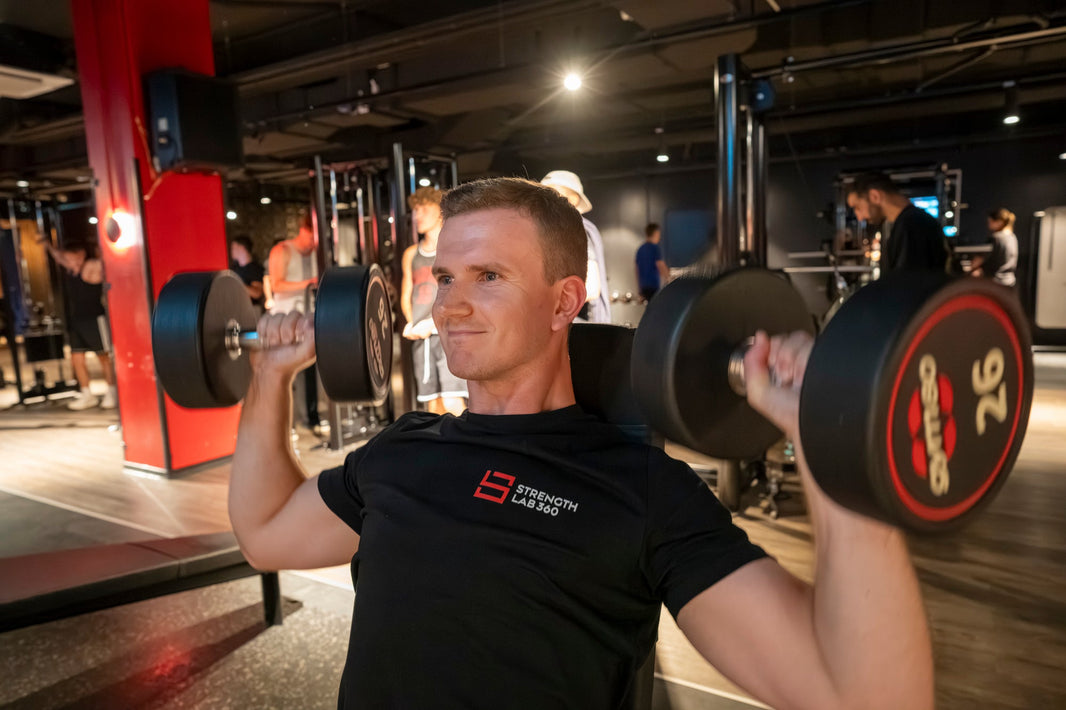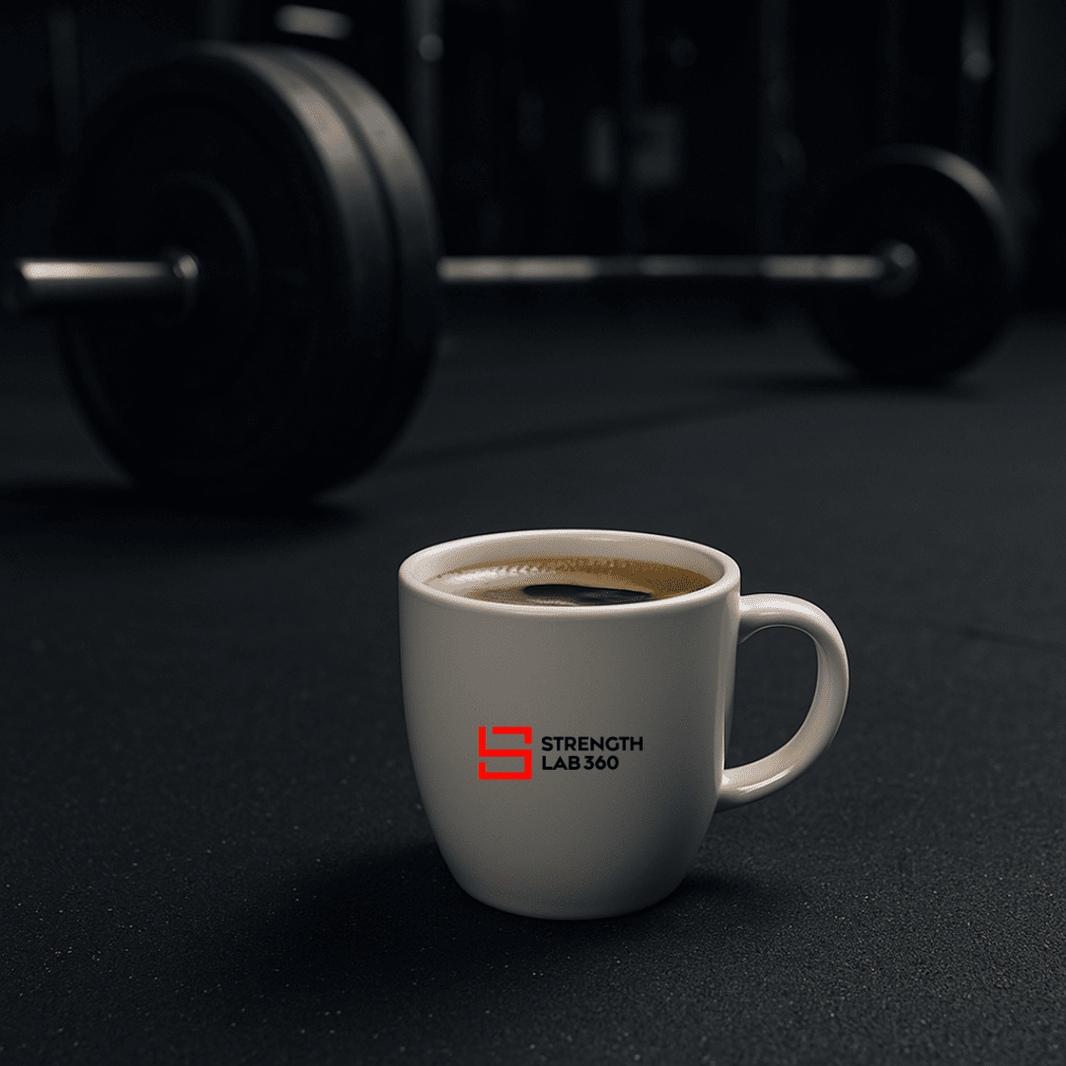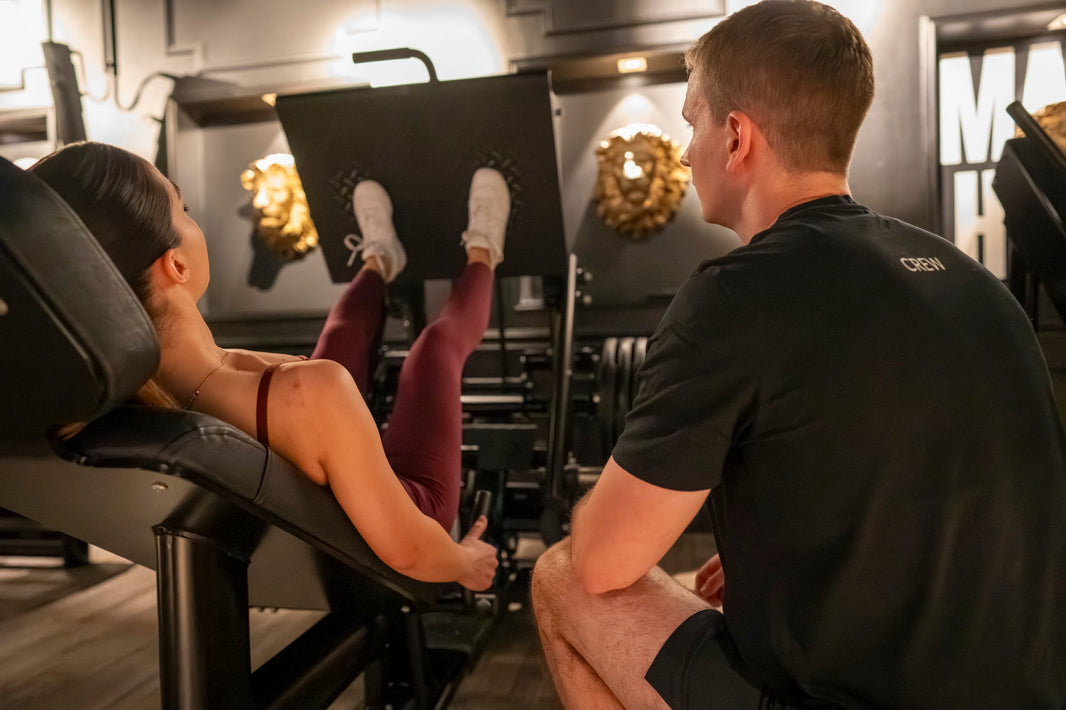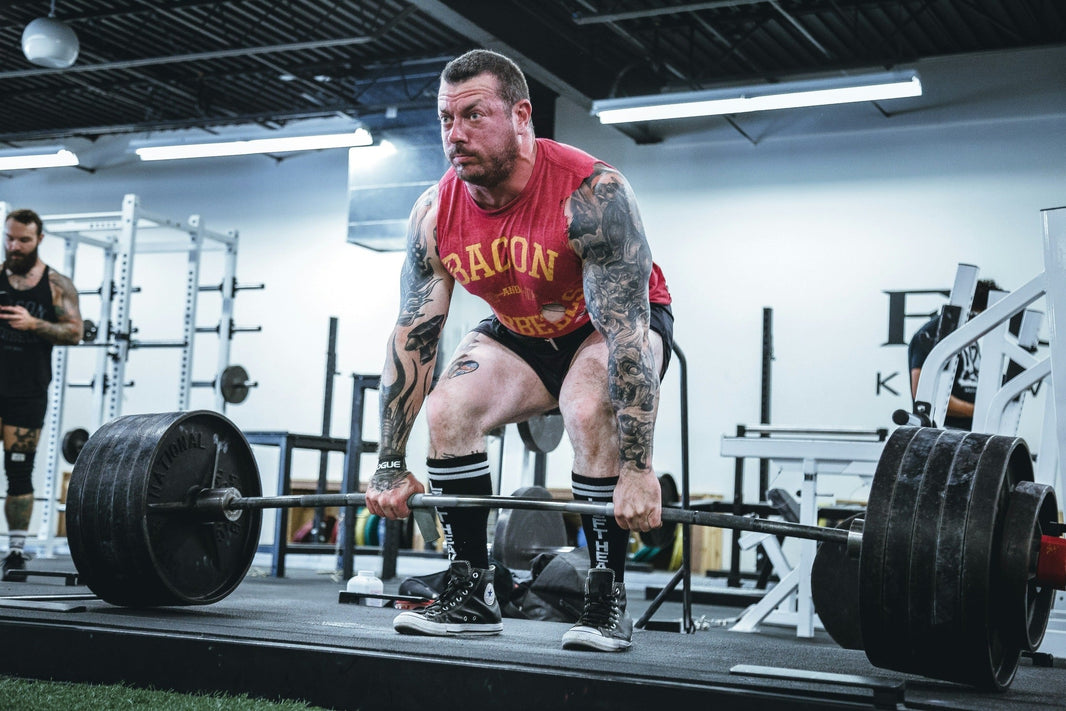In the quest for building muscle mass, achieving strength gains, and improving athletic performance, sleep is often overlooked. Yet, quality sleep is a cornerstone of recovery, muscle growth, and overall physical and mental well-being. At StrengthLab360, we recognize the critical role that sleep plays in optimizing strength training results and athletic achievements. This article delves into the science of how many hours of sleep to build muscle and offers practical strategies to harness its benefits for better training outcomes.
The Science of Sleep and Athletic Performance
Sleep is a multifaceted biological process essential for physical recovery, cognitive function, and hormonal regulation. Each of these factors directly influences strength training and athletic performance:
Hormonal Balance and Muscle Growth
During deep sleep, the body enters a state of physical repair and regeneration. One of the most critical processes during this stage is the release of growth hormone, which stimulates muscle protein synthesis and supports the repair of damaged muscle tissue. Conversely, inadequate sleep increases cortisol levels, a stress hormone that can hinder muscle growth and promote muscle breakdown (Van Cauter et al., 2007).
Muscle Recovery
Strength training induces microscopic tears in muscle fibers, which are repaired during sleep. This recovery process not only restores the muscle but also makes it stronger, a phenomenon known as adaptation. Without adequate sleep, this repair process is compromised, prolonging soreness and increasing the risk of overtraining injuries (Reilly & Edwards, 2007).
Cognitive Function and Performance
Sleep is essential for mental clarity, focus, and decision-making—attributes that are crucial for athletic performance. Whether executing complex lifts or strategizing during competition, optimal cognitive function enables athletes to perform at their best. Sleep deprivation, however, impairs reaction time, memory, and motivation, all of which are critical for consistent training (Walker, 2008).
The Consequences of Sleep Deprivation
The negative effects of sleep deprivation extend beyond general fatigue. For athletes and strength enthusiasts, insufficient sleep can significantly impair progress and performance:
Reduced Strength and Endurance
Studies show that sleep deprivation decreases muscle strength, endurance, and the ability to recover from exercise. Chronic lack of sleep diminishes neuromuscular efficiency, reducing both maximal strength and explosive power (Fullagar et al., 2015).
Impaired Recovery
Without sufficient sleep, the body struggles to repair and grow muscle tissue effectively. This prolongs recovery times, exacerbates muscle soreness, and increases the likelihood of overuse injuries (Skein et al., 2011).
Decreased Motivation and Consistency
Sleep deprivation affects mood and motivation, making it more challenging to maintain consistent training routines. This decline in mental resilience often leads to skipped sessions or suboptimal effort during workouts.
How Much Sleep Do You Need?
The National Sleep Foundation recommends 7–9 hours of sleep per night for adults. However, athletes may require even more sleep to support their higher recovery demands. A consistent sleep schedule is critical, as irregular sleep patterns disrupt the body’s circadian rhythm, impairing recovery and performance (Hirshkowitz et al., 2015).
Optimizing Sleep for Muscle Growth and Performance
To maximize muscle growth, recovery, and overall athletic performance, prioritizing quality sleep is essential. Here are practical strategies to enhance your sleep:
Establish a Sleep Routine
Create a consistent bedtime routine to signal your body that it’s time to sleep. Aim for the same sleep and wake times each day, even on weekends, to regulate your circadian rhythm.
Create a Sleep-Friendly Environment
- Temperature: Keep your bedroom cool (16–20°C).
- Darkness: Use blackout curtains or an eye mask to block out light.
- Noise: Minimize disturbances with earplugs or a white noise machine.
Limit Stimulants
Avoid caffeine and nicotine in the afternoon and evening, as these substances can interfere with your ability to fall asleep. Additionally, reduce screen time at least one hour before bed, as blue light suppresses melatonin production (Cajochen et al., 2011).
Consider Relaxation Techniques
Incorporate relaxation practices like meditation, deep breathing, or progressive muscle relaxation before bed to calm the mind and prepare for restful sleep.
Nutrition and Hydration
Avoid heavy meals close to bedtime, as digestion can disrupt sleep. However, a small protein-rich snack can aid recovery by providing amino acids for muscle repair overnight (Res et al., 2012).
How StrengthLab360 Supports Sleep and Training
At StrengthLab360, we understand that sleep is integral to strength training success. Our platform incorporates sleep tracking and recovery insights into personalized training programs, ensuring that you train smarter, not harder.
Recovery Insights
Using real-time feedback on sleep parameters, we help you determine recovery needs, readiness for training, and the timing of deload weeks to prevent overtraining.
Expert Advice
StrengthLab360’s certified coaches offer personalized sleep tips tailored to your lifestyle and training goals, helping you achieve optimal recovery and performance.
Community Support
Join a community of like-minded athletes to share sleep strategies, exchange insights, and foster a supportive environment for holistic growth.
The Science of Sleep in Athletic Research
Recent studies continue to highlight the importance of sleep for strength and endurance athletes:
- Muscle Recovery: Research indicates that insufficient sleep reduces muscle protein synthesis, directly hindering muscle growth (Dattilo et al., 2011).
- Performance Decline: A single night of sleep deprivation can reduce performance in resistance training by up to 20%, while chronic sleep deprivation has cumulative negative effects (Taheri et al., 2004).
- Growth Hormone Secretion: Growth hormone release peaks during deep sleep, underscoring the connection between quality sleep and hypertrophy.
The Essential Role of Sleep in Muscle Growth and Strength Training
Sleep is a critical yet often underestimated factor in achieving strength gains, muscle growth, and peak athletic performance. By prioritizing quality sleep, athletes can optimize recovery, enhance cognitive function, and sustain consistent progress.
At StrengthLab360, we integrate sleep into our holistic training approach, combining personalized programs, expert guidance, and community support to unlock your full potential. Start prioritizing your sleep today and experience the transformative impact it has on your training and performance.
Join StrengthLab360 and elevate your strength training journey with the power of science-backed recovery strategies.
FAQ
To effectively build muscle, most experts recommend getting between 7 to 9 hours of sleep per night. This sleep duration helps ensure muscle recovery and promotes muscle growth. Adequate sleep is important for the release of growth hormone, which plays a key role in repairing and building muscle tissue.

